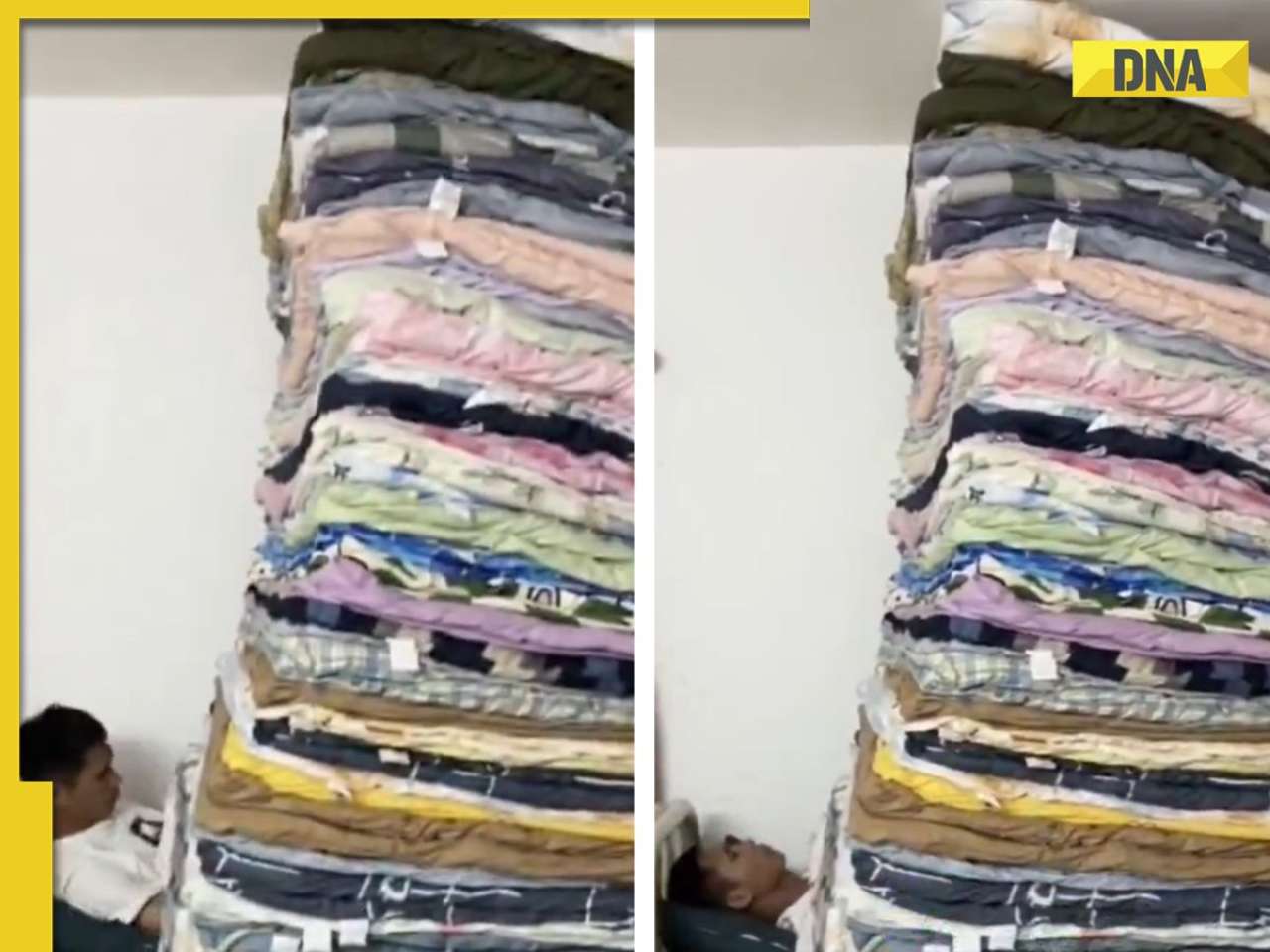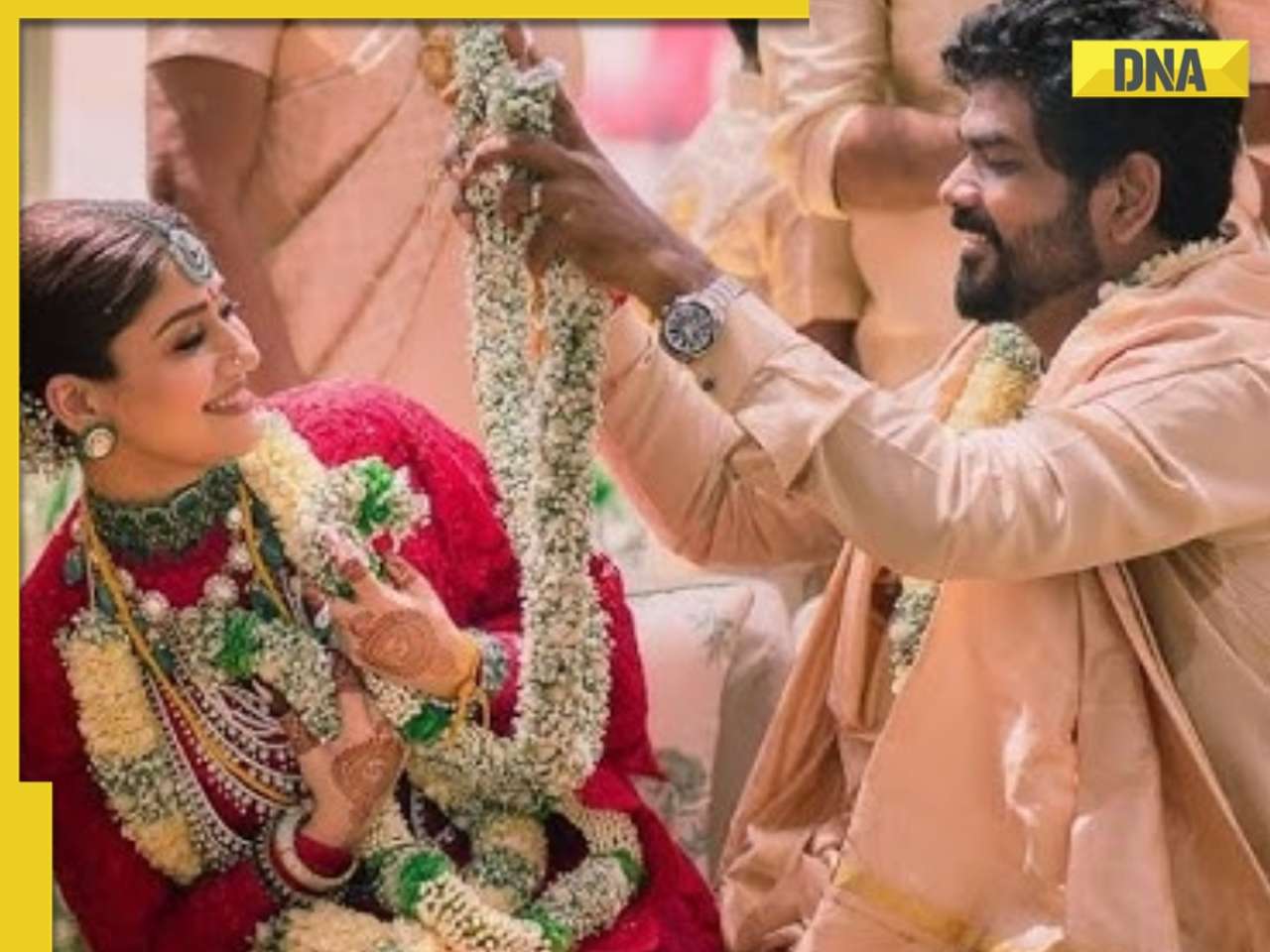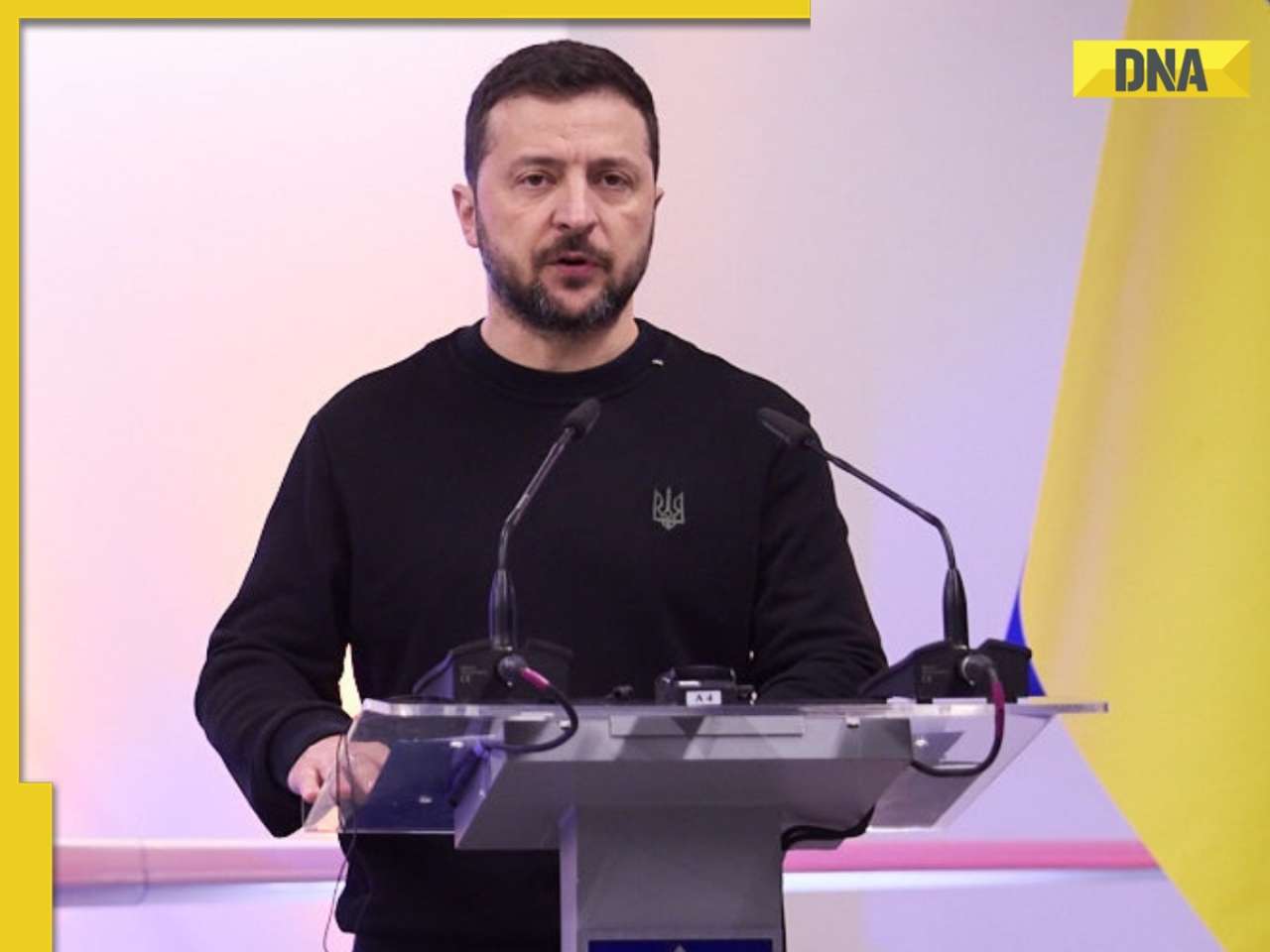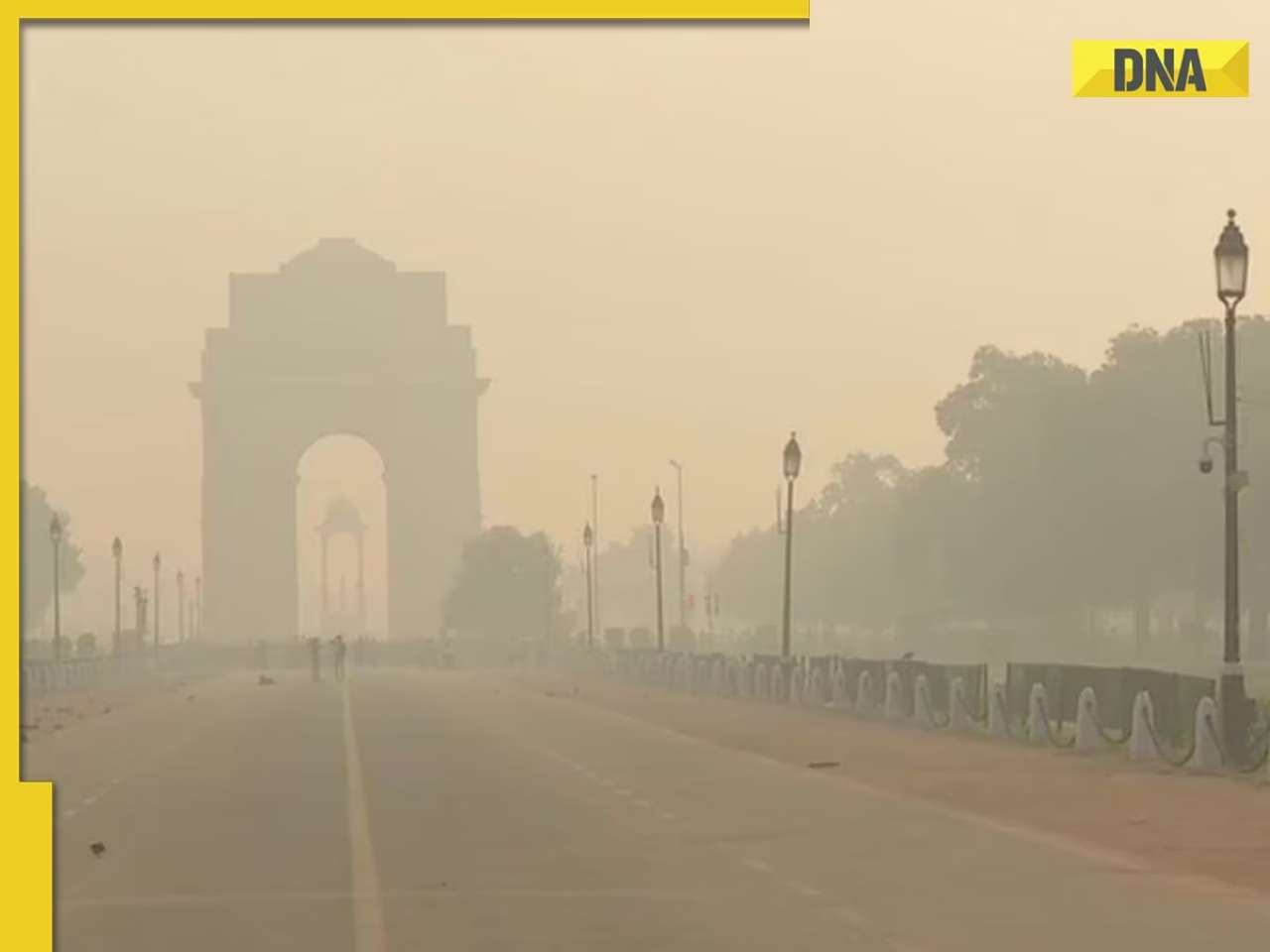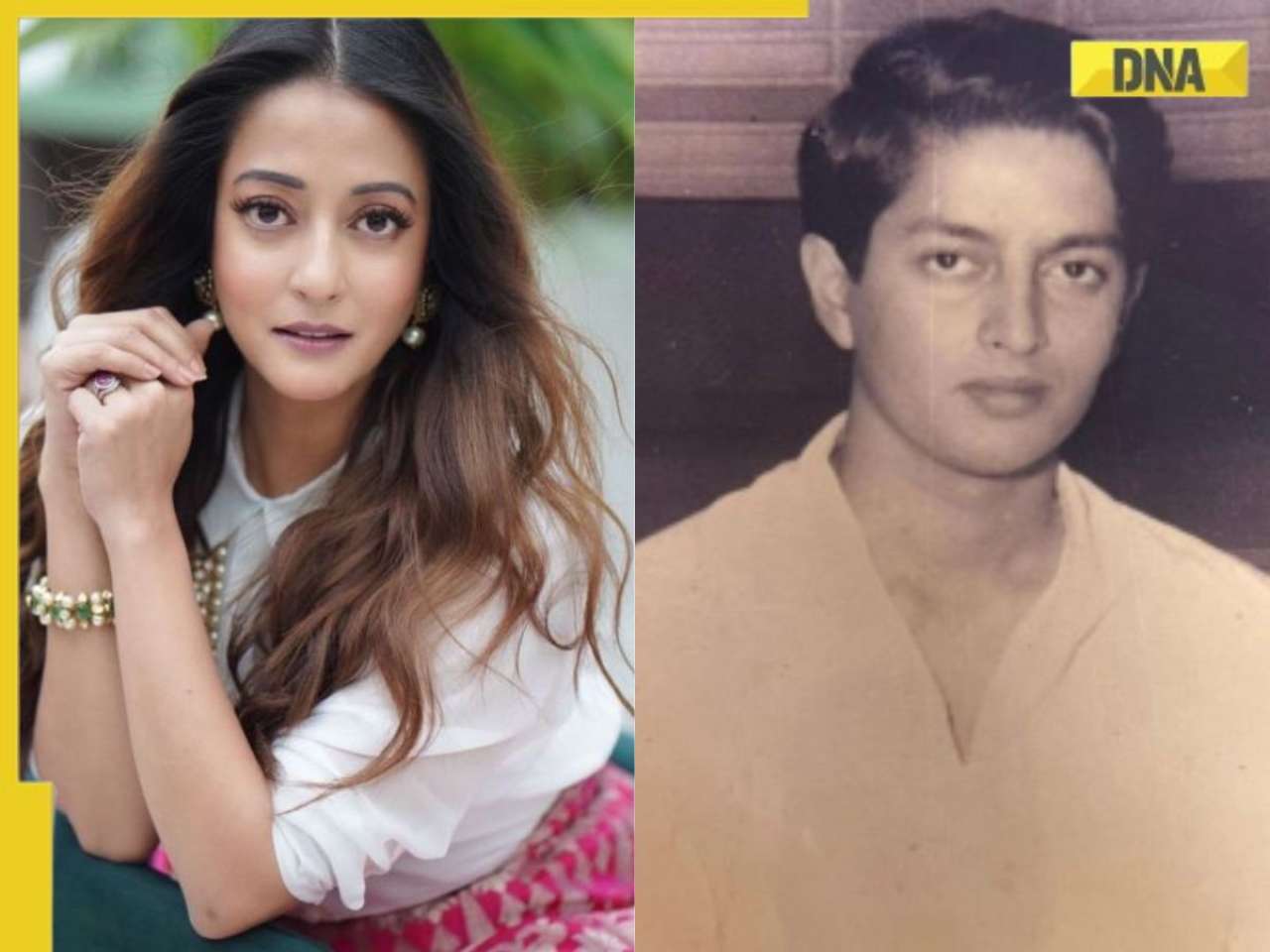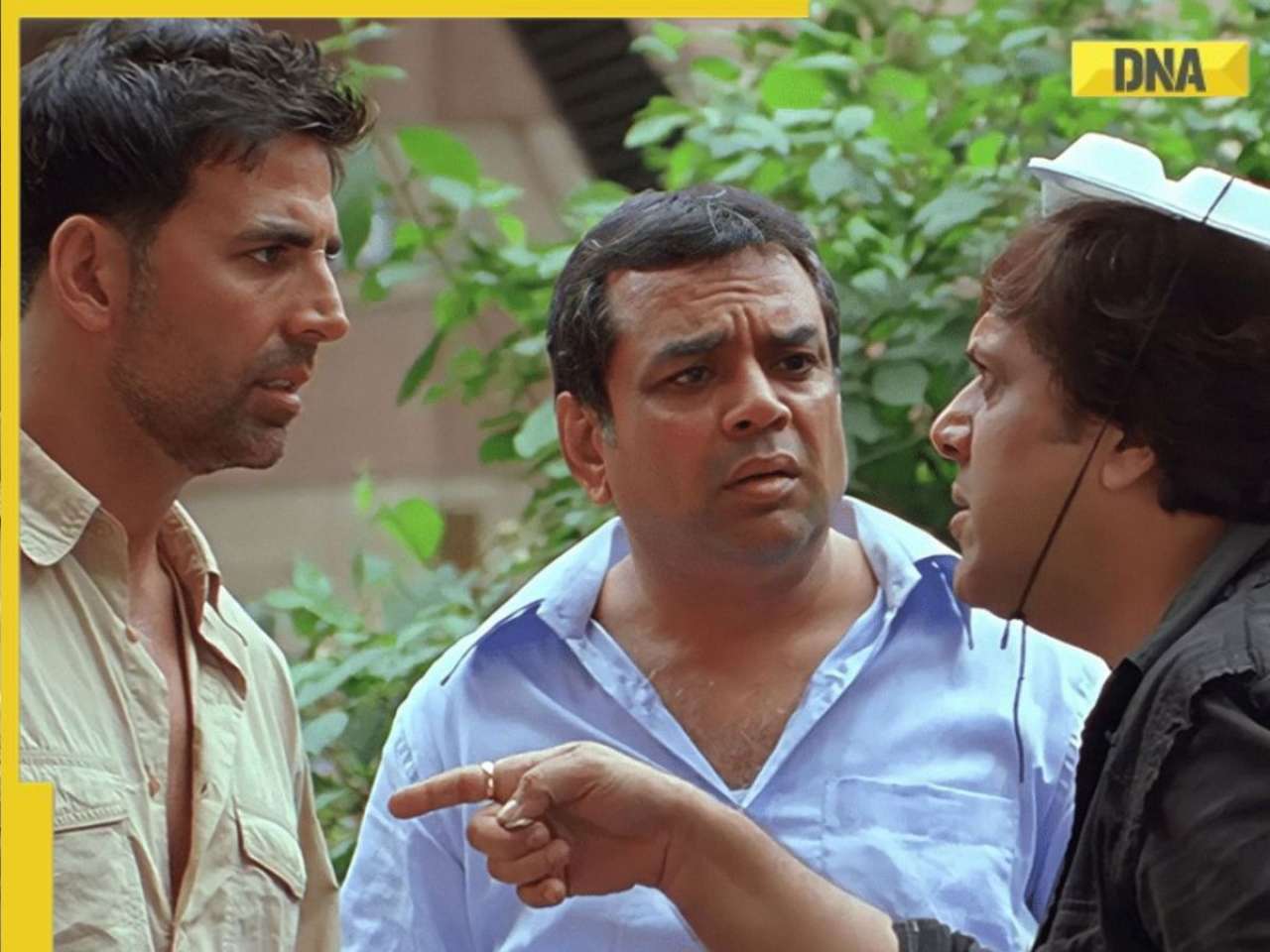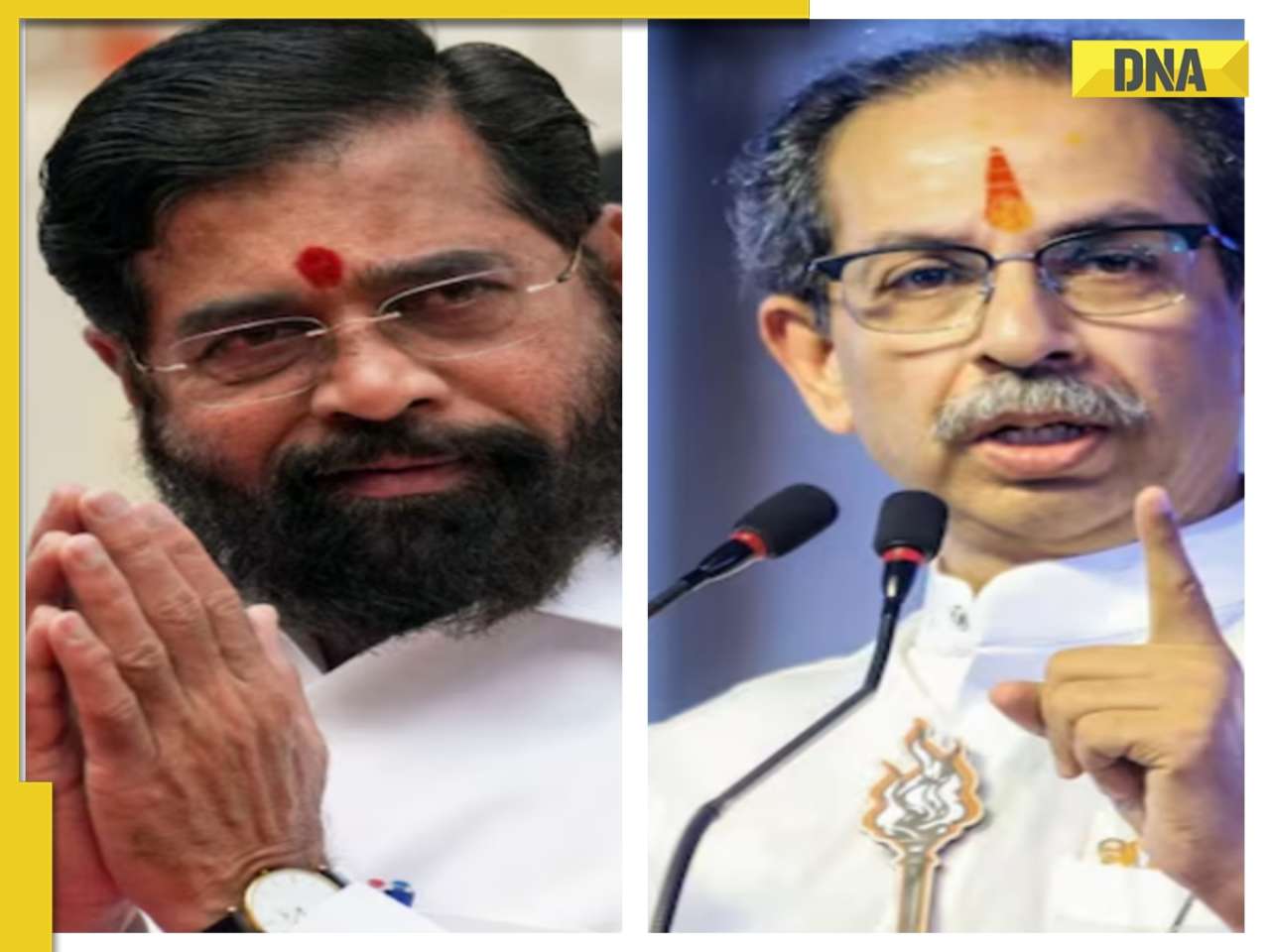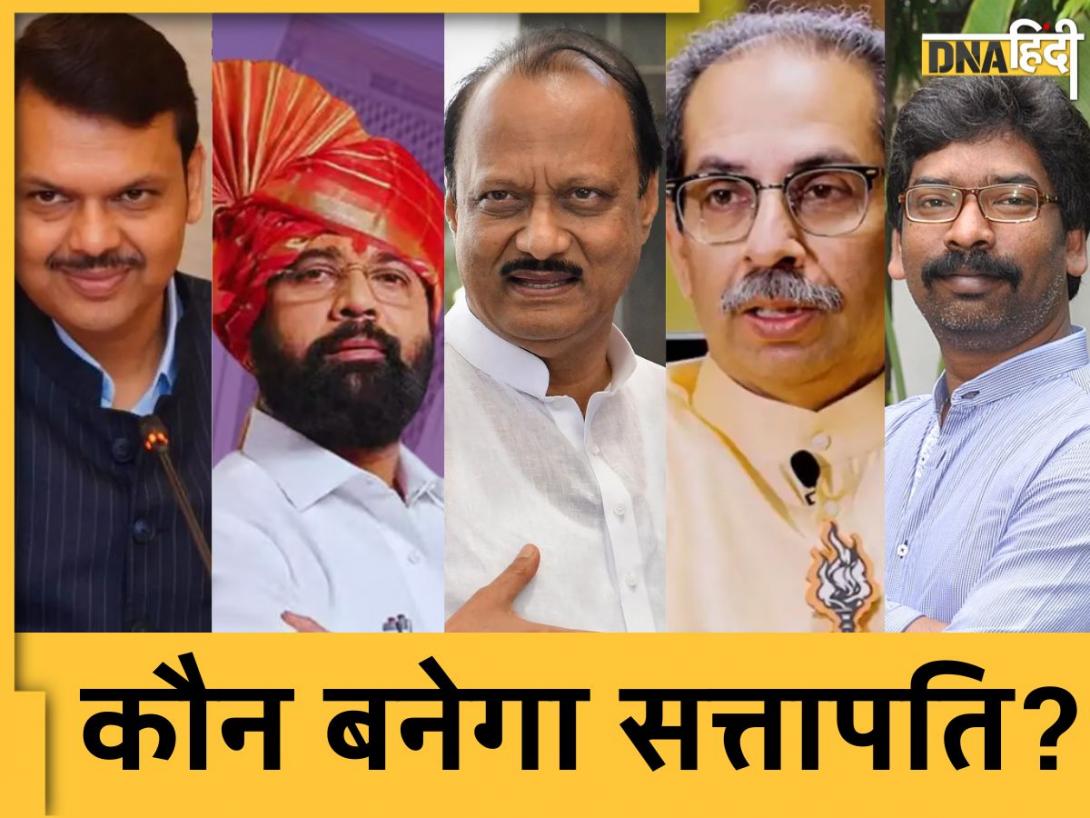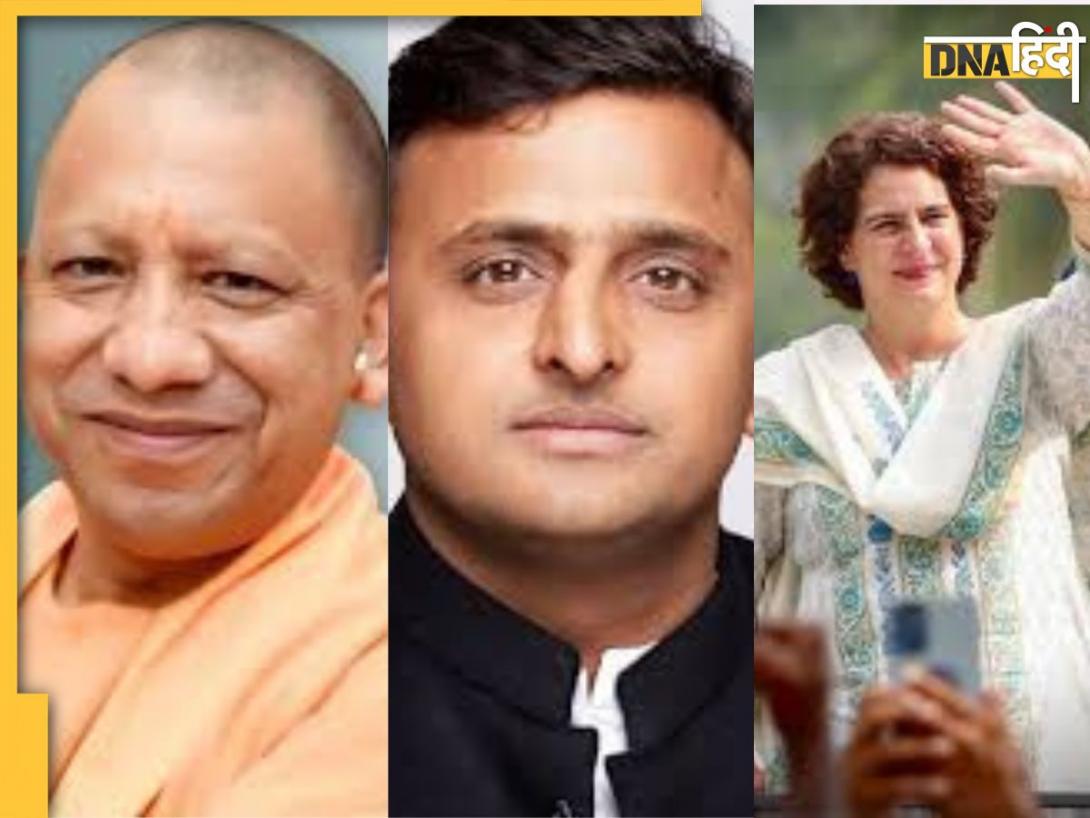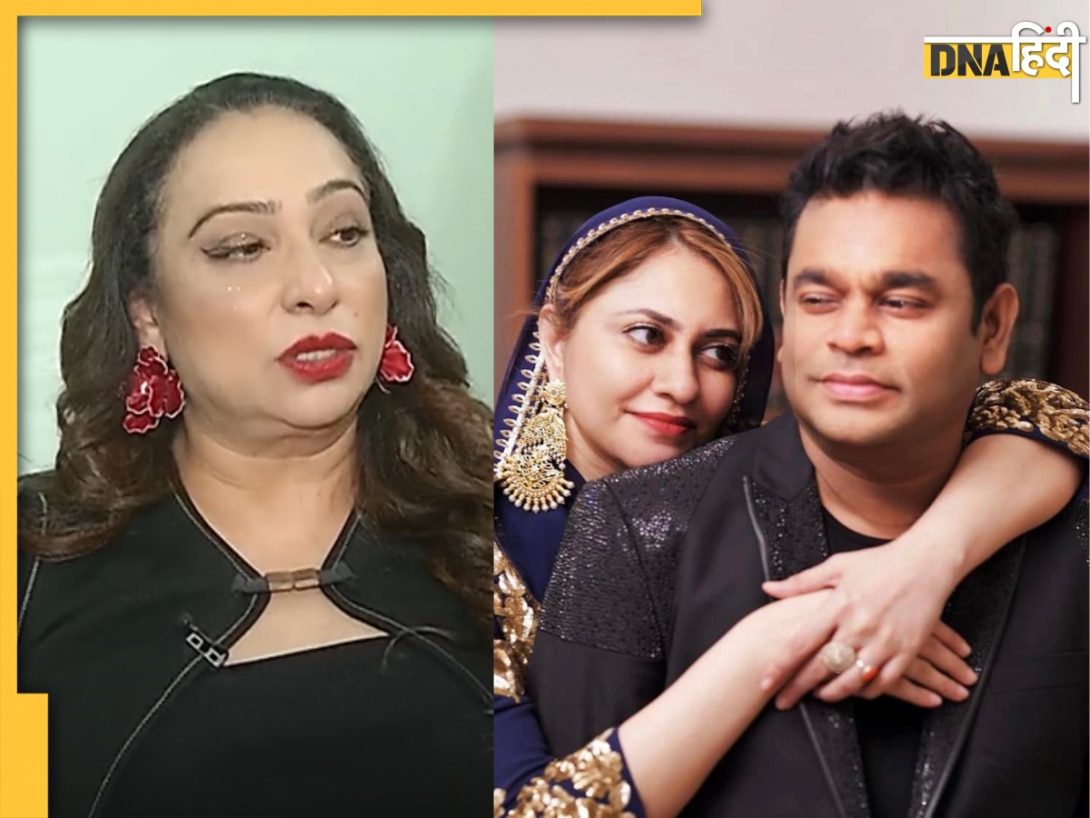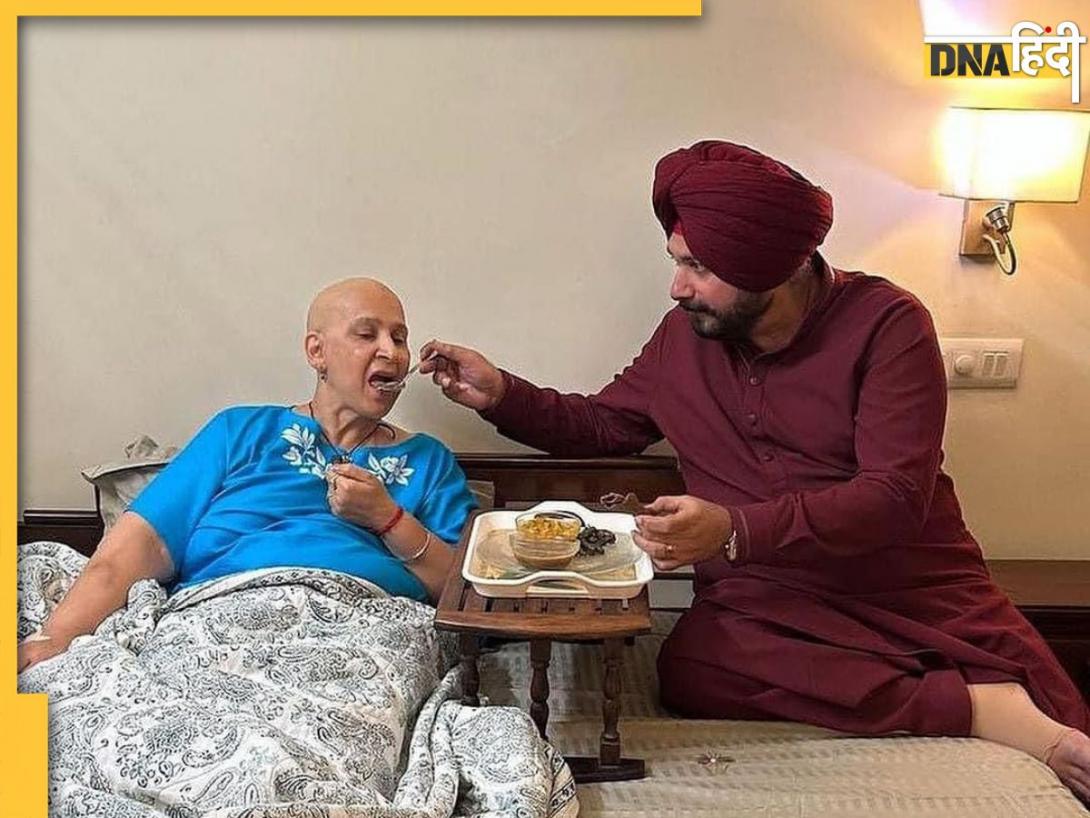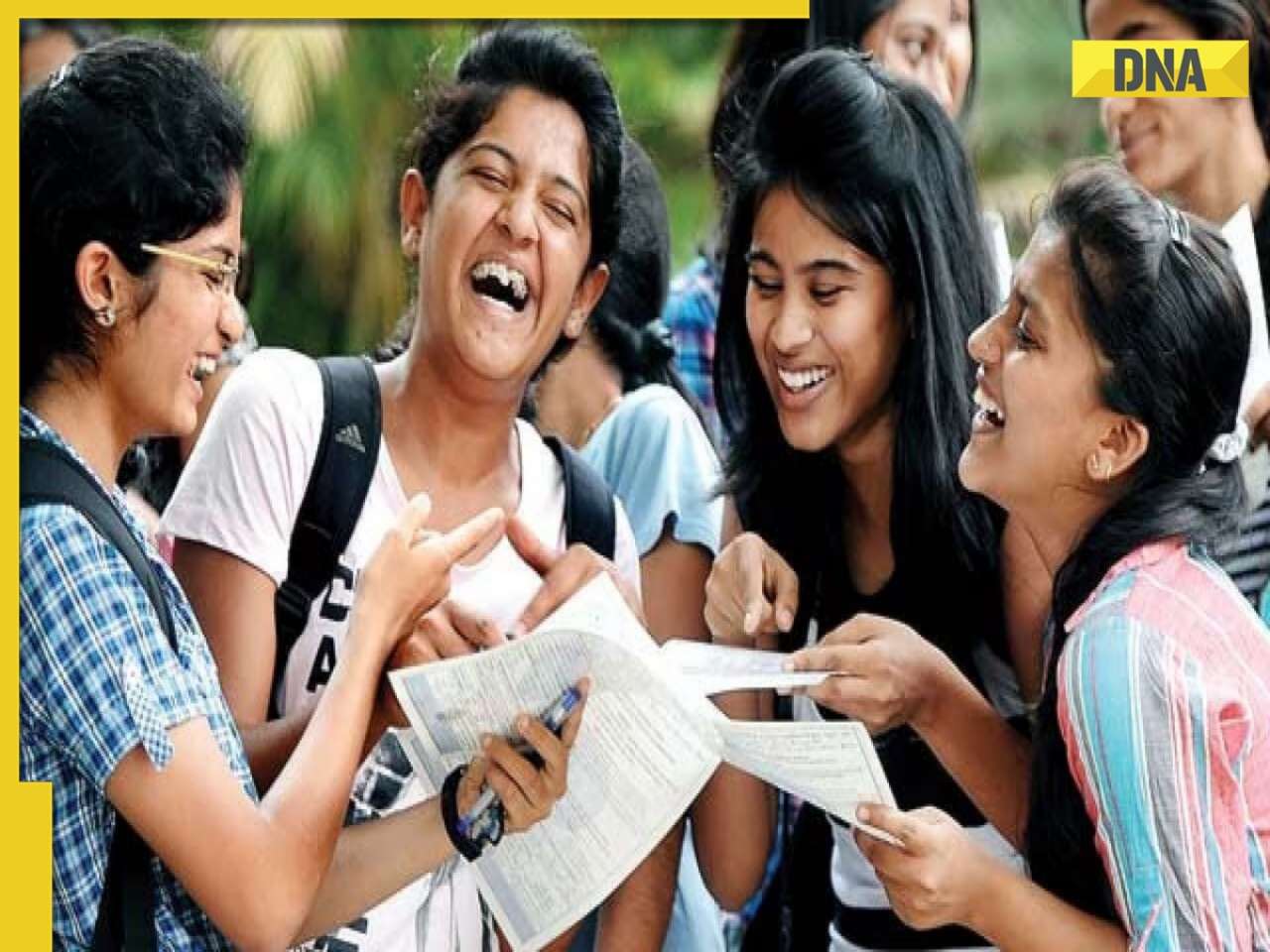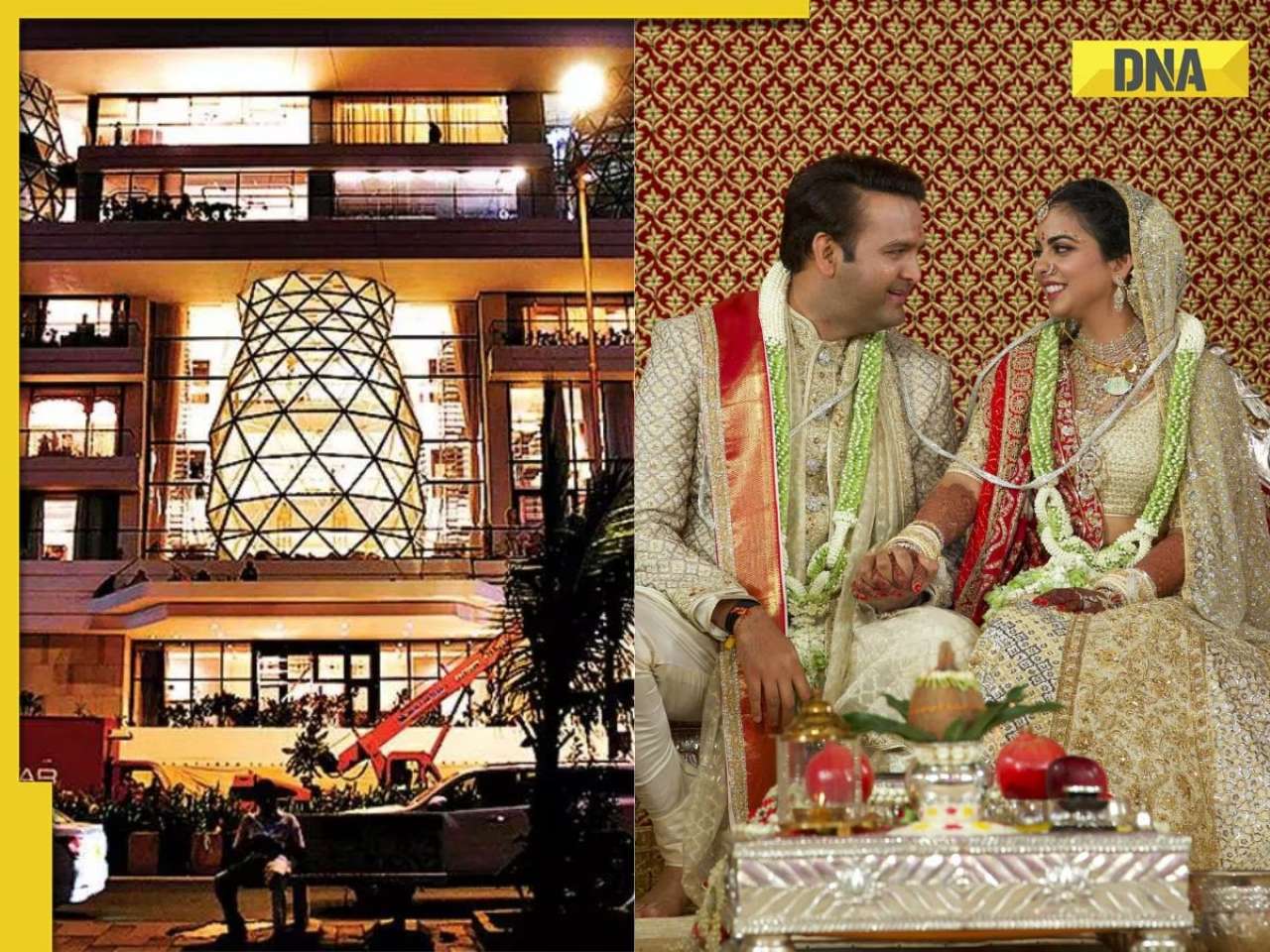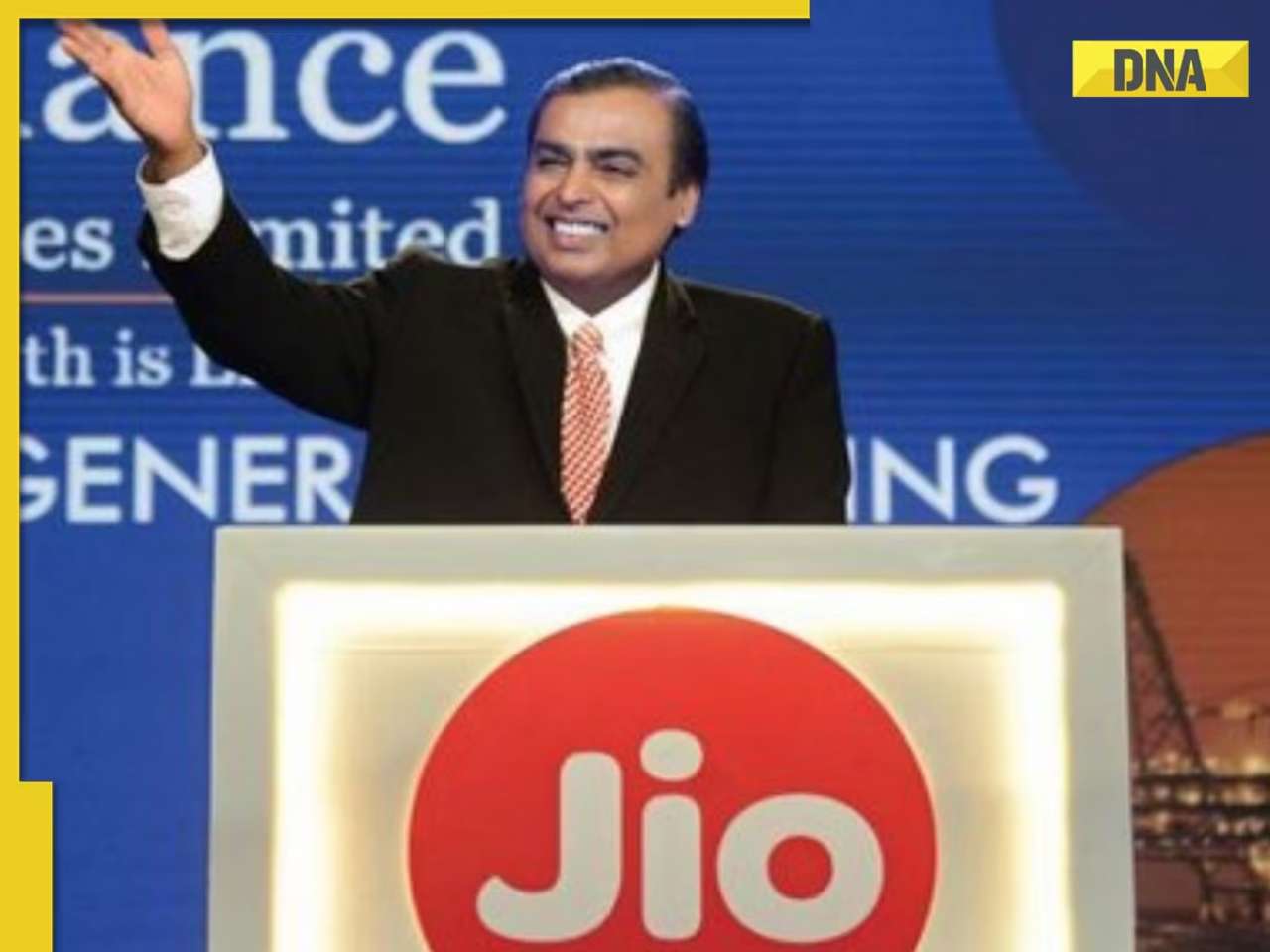- LATEST
- WEBSTORY
- TRENDING
BANGALORE
The essential BG Verghese
Although he believes the Indian media has shirked its responsibility to citizens, journalist and writer BG Verghese is optimistic that positive change is on the horizon.
TRENDING NOW
Although he believes the Indian media has shirked its responsibility to citizens, journalist and writer BG Verghese is optimistic that positive change is on the horizon.
The essence of BG Verghese, renowned editor and columnist, is his optimism. "Market, and money, has taken over the Indian media. But we shall overcome," says Verghese, who began his career in 1948 with The Times of India as a trainee reporter and went on to edit the Hindustan Times (1969-75) and Indian Express (1982-86).
He is 83 and has just published his memoirs, aptly titled for a journalist who reported on India for 60 years, First Draft, Witness to the Making of Modern India.
But, then, for those who know the history of post-independent India, Verghese has been more than a witness to the making of India at its foundational levels; the vandalising of constitutional institutions and unfolding of emergency. Varghese was a participant too.
The editor who lost his job at the Hindustan Times for daring to criticise prime minister Indira Gandhi (and he was information advisor to the same PM from 1966 to 1969) contested the post-emergency Lok Sabha elections in 1977 from Mavelikkara in Kerala, and thereby took his critique from writing and reportage to the highest platform available in a democracy. It was a pivotal moment.
Recalling those exhilarating campaign days with a glint in his eyes, during an interview, Verghese says: "In 1947, India got its independence. In 1977, India got a sense of freedom." Now as the ethically embattled Indian media grapples with that sense of freedom, won thanks to the backbone of those who refused to bend and crawl, Verghese advocates the regulation of the media.
Verghese says: "India has the most unregulated broadcast media in the world. There are 400 channels in the country. It is important to have regulations. Unregulated mass media are bad for India. You can drive fast only when you have sound brakes. Journalism is the most powerful tool in India but an irresponsible press is very dangerous."
The former editor says the principle of self-regulation has failed to work. "Self-regulation is a good thing. But I don't think self-regulation is enough. What we need is sensible regulation. In India, libel laws are very poor. There is a need for the reformation of defamation laws. There are strong laws to control the press in the US and the UK. The government in India has tried to introduce legislation to regulate the media but lack of numbers in Parliament has thwarted it. Whenever the matter comes up for debate, the media say it's an infringement on their freedom which I consider a specious argument."
Verghese points out that the Press Council of India (PCI) is a weak instrument for various reasons and cannot control the media. "The PCI should have penal powers. At the moment it's not a court of law, but a court of ethics. Most of the large newspapers in the country do not report the findings of the PCI. It is quite scandalous that the council did not approve the report on paid news practices by Paranjoy Guha Thakurta and K Srinivas Reddy in its entirety. Names of all offenders were deleted when the PCI approved it. That's not the regulation one needs."
Vergehse also reminds one about the importance of being a journalist. "The character of journalism is changing. Now you have citizen journalists. Journalists are public trustees of freedom of speech and if you betray that trust, the consequence is much graver than when a citizen journalist leads you astray. The change has to come from younger journalists and readers. The press needs to assert its integrity or else it will betray its role as a trustee of man on the street and freedom of expression. The credibility is vital for the media, whether it is print or electronic or digital. Things will definitely change. Readers and the political class are gradually realising the gravity of the situation."
Verghese says many editors have abdicated their responsibilities. Referring to one the country's leading newspapers, he says there are no editors but managers. But he is quick to point out that the media have become frighteningly powerful despite the downsizing of the editor's role within media organisations.
Verghese explains the contradiction: "Everyone is frightened of the media. What you write is read by millions of people. It is because of the growth of print, broadcast, and Internet platforms. Everyone gets his first information from the media, including the intelligence chief and the PM. Communication is swift and hence the media have become so powerful. And a great sense of responsibility goes with it. Some of these papers are fabulously rich. Some newspapers even started banks. Because of these, managements felt that editors were unnecessary as all you have to do is to fill the space between advertisements. Managers became more important and the mission of the newspaper got subordinated to profit. The balance was lost. Some editors stood their ground but many of them didn't. Younger journalists were very upset but then they lacked the power and the ability to hold on. Some of the papers and some of the channels and individuals within the organisations stood out. Private treaties, paid news and people cosying up to power centres have changed the media."
Verghese adds that editors, too, have failed the test. "The image of the editor was different in the past. The editor was not supposed to be seen but read. Now they are being seen. Many of the editors run from one studio to another in the evening when they should be editing their newspapers. At the hour of newspapers going to Press many editors are missing."
But then what explains the phenomenal readership of these newspapers? "Firstly, they have base taste. Then, there's the market. Till the economic reform of the 90s, the scene was stale. No foreign direct investment, no mergers, no new companies being formed. Suddenly, all that changed. The stock market became big news. Sports became big business. They control the scene with a razzmatazz package with sections on Sudoku, Quizzes, Comic Strips, Gardening, Motoring, etc. The raddi value of some of these papers is more than its cover price. And they give away free copies. You go to the airport, loads of copies are piled up. Go to the railway station, loads of copies are piled up. Lots of these circulation figures are bogus."
Verghese is not a man of the establishment but when he says the best news in the electronic media comes from Doordarshan and All India Radio it is a sharp rebuke for the breaking news channels. "It [Doordarshan] is the most honest. They do not spice it up. They give it in a straightforward fashion."
Though the corporate-PR-media nexus has come in for flak in the aftermath of Niira Radia telephone tapes, Verghese believes that corporate India has a major role to play in the progress of India.
He says: "Corporate India is part of the solution, not part of the problem. Driving out corporate India from tribal areas is a grave mistake. There has to be strong regulatory framework while allowing corporates to operate. Why do you want to shut them out? Tame them. Make them do the work you want to do. Poverty is a great enemy of the environment. People want to run away from land. They feel trapped there. Studies show that 45% of farmers want to abandon agriculture because they can no longer make a living out of it. They want education for their children. They need jobs."
Such unconventional but original positions make Verghese's arguments compelling. And a careful reading of First Draft, his memoirs, proves as much. Varghese says the prime reason behind his memoirs is to fill the vast blanks in people's memory, including that of decision makers, about the history of post-independent India.
Verghese says: "You could create all sorts of problems because of this blank space. You could misread history. People don't realise that Kashmir only acceded to India but never merged. When Omar Abdullah said that, people were aghast."
As Verghese puts it, in First Draft, he tries to give a worm's-eye view of post-Independent India. "I wanted to portray the leaders that I came into contact with — Nehru, Indira Gandhi, etc — warts and all. They must be properly and honestly assessed. You may not agree with many things they say. They may even say foolish things. But you do not write that. How can you tarnish the image of the great man or the great lady? We complain that some people want to rewrite history. But we rewrite it ourselves because in the first place we don't write it straight," he says.
The final draft of the Indian media, let's hope, readers will write. We shall overcome.
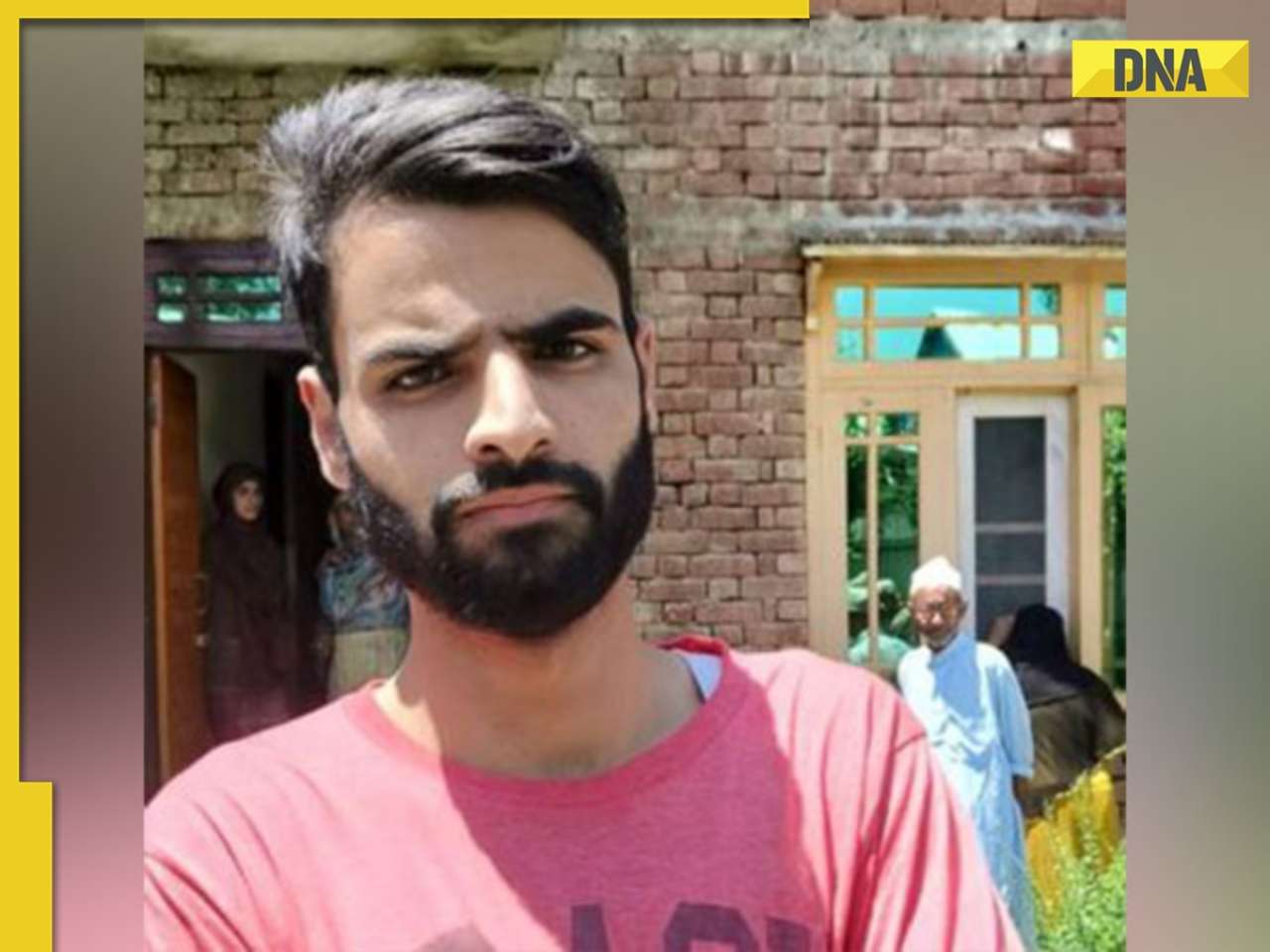
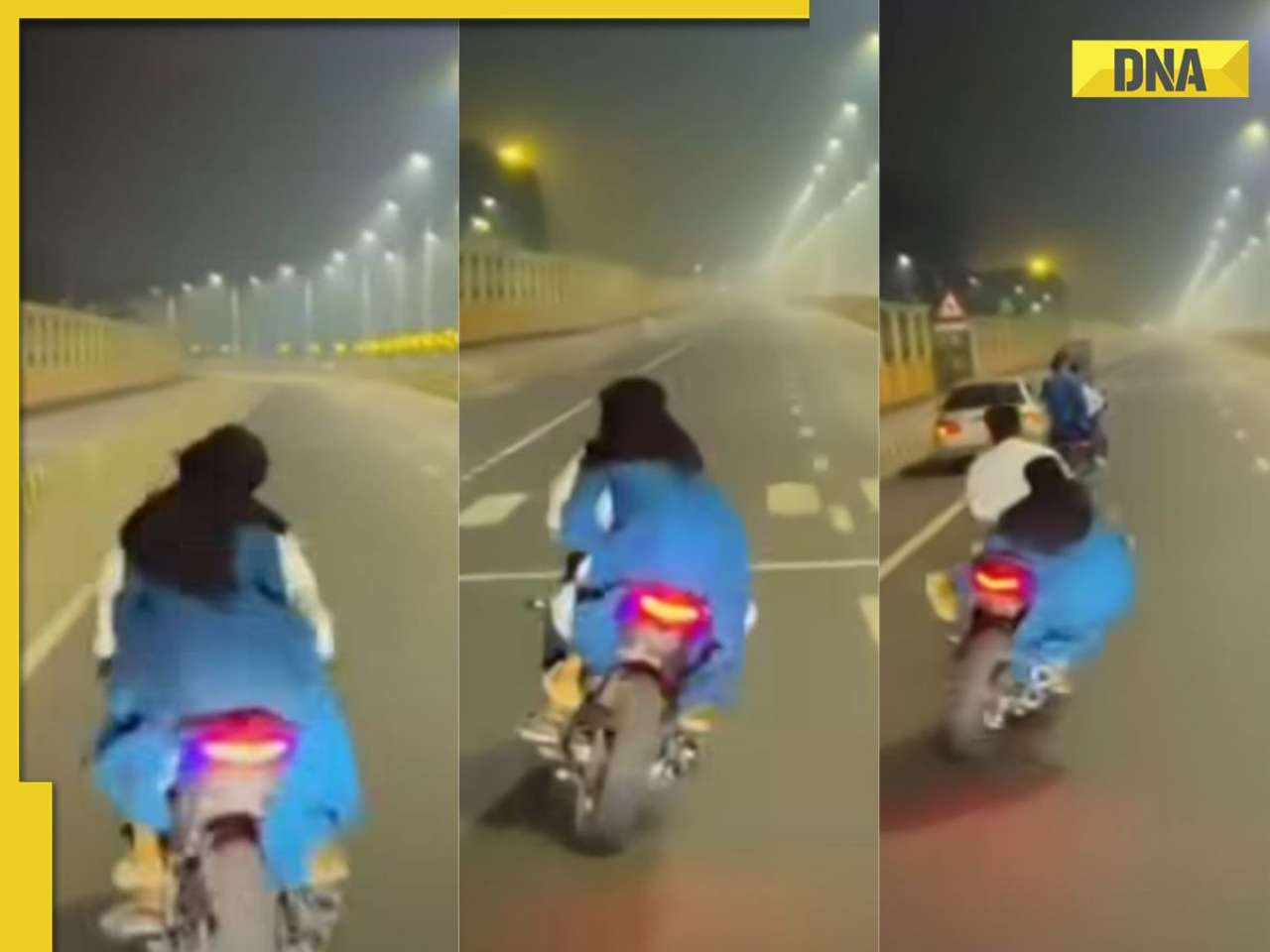
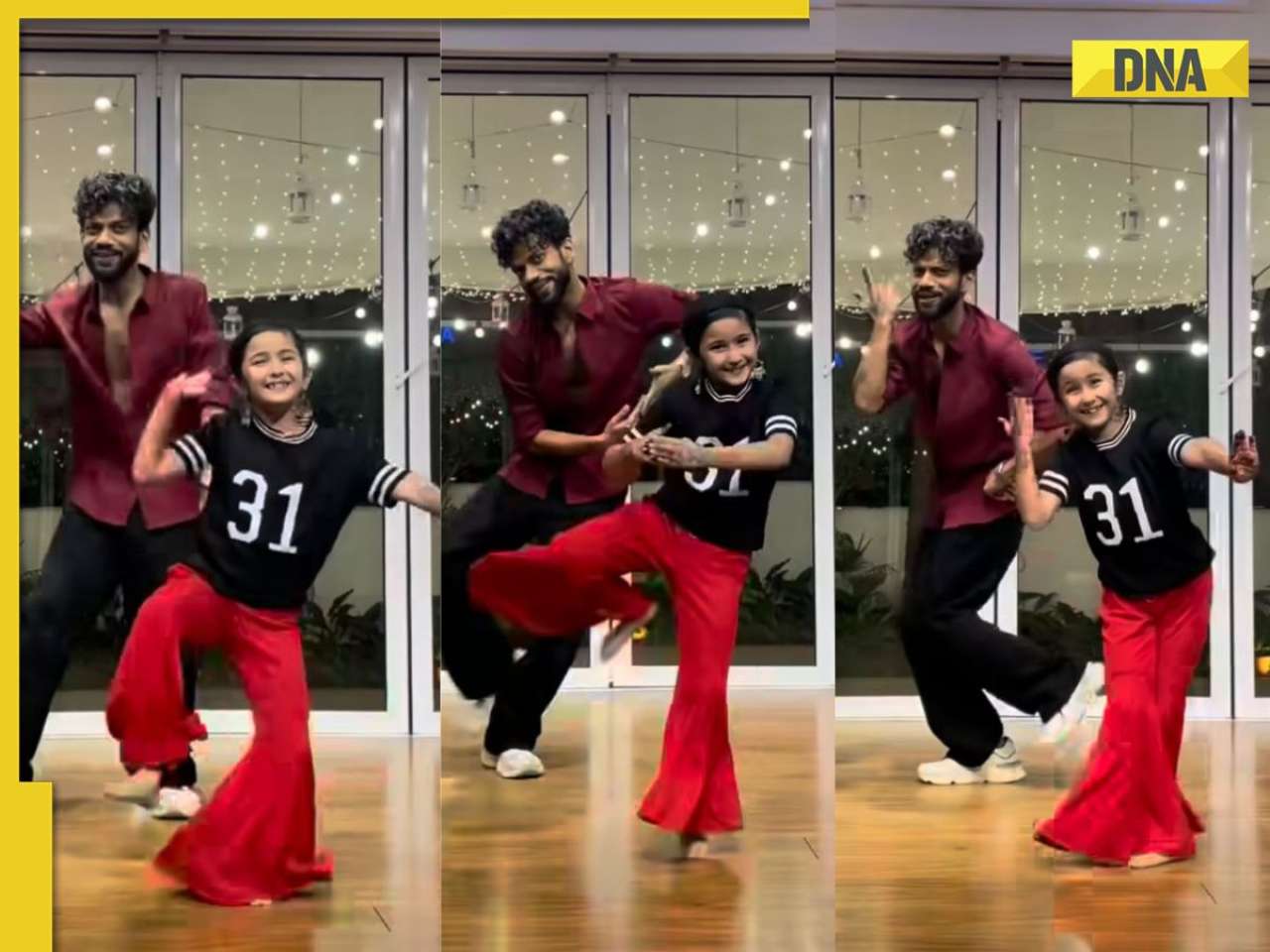





)
)
)
)
)
)
)
)
)
)
)
)
)
)
)





